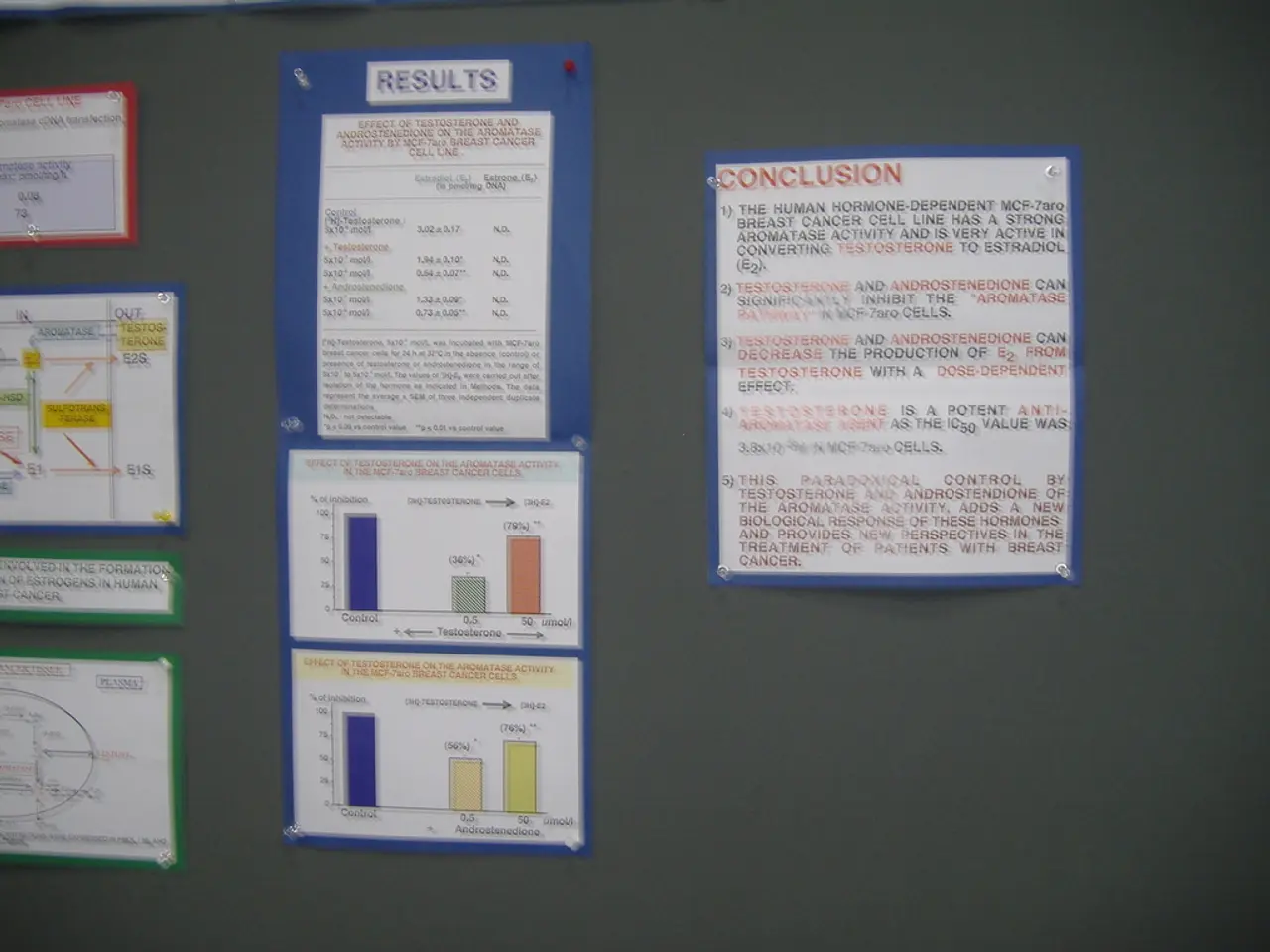Discussing Career Advancement with Your Superior: Strategies for Requesting a Promotion
In today's dynamic work environment, career development has become a crucial aspect for both employees and employers. Only 30% of employees feel their company is doing a good job at career development, yet it significantly enhances employee engagement, retention, performance, and confidence while supporting organizational growth, succession planning, and competitive advantage.
For employees, career development offers clear growth and advancement opportunities, motivating them to stay longer and be more productive since they see a future within the company. It builds confidence and skills through training and experience, enabling employees to take on new challenges and leadership roles. Career development makes employees feel valued, fostering a sense of belonging and motivation. It encourages continuous learning and professional development, helping employees stay prepared for industry changes.
Employers, on the other hand, benefit from career development in several ways. It improves retention by reducing turnover, saving recruitment and training costs, and retaining top talent who feel invested in. Boosts employee engagement and output, leading to better work performance and a stronger company culture. Assists with succession planning, preparing internal candidates for leadership roles and critical positions, reducing the need for external hiring. Attracts better talent by building a positive company image and demonstrating commitment to employee growth. Helps close opportunity gaps and promote diversity, ensuring advancement is based on merit rather than just visibility or connections.
Scheduling a meeting with your manager or boss is essential to discuss career development. Consistently applying proactive learning and strong professional relationships can create opportunities and help you reach your long-term goals. After the meeting, follow up with a thank-you note or email, reiterating your interest in the position and outlining your qualifications.
It is important to be aware of the different options that are available for career development, such as mentorship programs, job shadowing, cross-training, and formal education or training courses. Career development is linked to employee engagement. When discussing career growth with your boss, it is important to be clear about why you are looking for a promotion.
When requesting a meeting, include what you would like to discuss in the subject line or email body. Timing is important; a good rule of thumb is to wait until you have been with the company for at least six months.
87% of millennials consider "professional or career growth and development opportunities" to be crucial in a work environment. Conversely, 74% of employees believe the lack of employee development opportunities in their current job prevents them from reaching their full potential. Career development is not only about reaching personal career goals, but also about the company achieving its objectives.
To demonstrate to your boss why you feel ready for a promotion, it is important to highlight your accomplishments and successes in your current role, as well as outlining any new skills or knowledge you have acquired. Patience is key in career growth, as it is a gradual process. Be reasonable in your expectations during negotiations and be prepared to compromise.
Always frame your career development discussion in terms of how it will benefit the company. It is essential to ask yourself if you have the required skills and experience for the position you want, if your performance review is up-to-date, and if you have been meeting or exceeding your targets before discussing a promotion. Being proactive and pursuing opportunities to grow is important in advancing your career.
When an organization develops its employees, it is investing in its future. It is essential to be prepared for the meeting, with a clear understanding of your professional path and career development opportunities. Good employees who are happy with their job are more likely to stay with the company for a longer period of time, reducing employee turnover and saving the company money.
Employees can utilize career development to build confidence, acquire new skills, and secure future roles within their company, leading to improved performance, engagement, and retention. This, in turn, boosts an organization's growth, succession planning, and competitive edge, making it essential for both employee growth and employer benefit.
Effective career development strategies, such as mentorship programs, job shadowing, cross-training, and formal education or training courses, can help employees reach their long-term goals and ensure the company's success by retaining top talent, fostering a strong company culture, and promoting diversity.




